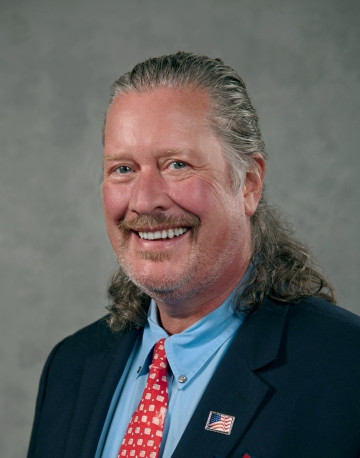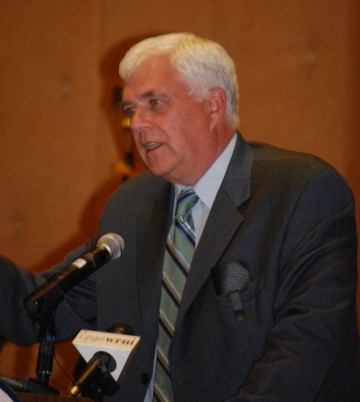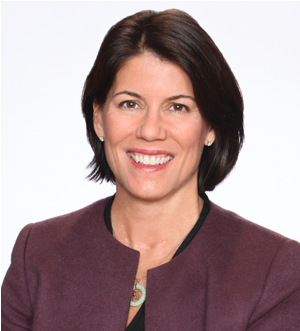Kaplan: Next Practices vs. Best Practices
Monday, November 21, 2016
Everyone bows down to the all, important benchmark. How many times have you heard someone say, “You only get what you measure”? Most organizations commit to identifying and measuring performance against industry best practice. Many have recognized the value of looking outside of their industry for practices that might provide a source of competitive advantage. Adopting existing best practice makes sense if you want to improve the performance of your current business model. Going beyond the limits of your current business model requires a network-enabled capability to do R&D for new business models. The imperative is to build on best practices to explore and develop next practices.
Understanding best practices and applying them to increase business model productivity is an essential capability for all organizations. No surprise most companies benchmark their performance adopting practices ranging from accessing benchmarking data to sourcing (internal and external) process improvement capabilities. Like all learned behaviors the earlier it is adopted the easier it is to scale and to apply in other markets. Entrepreneurs and small business leaders should start with a back of the napkin approach. Be specific about goals and take the napkin out a lot.
It doesn’t take long to exhaust the library of best practices in any given industry. Field organizations have seen most of what the competition is doing and can report their observations. In addition your customers and networks have an important perspective that should be tapped. Social network platforms, like Twitter, Facebook, and Linked-in make real time information interaction possible across networks. Leverage these new tools and platforms. It is worth it.
GET THE LATEST BREAKING NEWS HERE -- SIGN UP FOR GOLOCAL FREE DAILY EBLASTOnly exploring your own industry for best practices is limiting. New sources of competitive advantage are far more likely to come from observing and adopting best practices in completely unrelated industries. All leaders should spend more discretionary time outside of their industry, discipline, and sector. There is more to learn from unusual suspects who bring fresh and different perspectives than from the ideas circulated and re-circulated among the usual suspects. The big and important value creating opportunities will most likely be found in the gray areas between the silos we inhabit. Get out more.
Best practices are necessary but not sufficient. Business models don’t last as long as they used to. Leaders must identify and experiment with next practices. Next practices enable new ways to deliver customer value. Next practices are better ways to combine and network capabilities that change the value equation of your organization. Organizations should always be developing a portfolio of next practices that recombine capabilities to find new ways to deliver value. Leaders should design and test new business models unconstrained by the current business or industry model.
It is easy to sketch out business model innovation scenarios on the white board. It is far more difficult to take the idea off the white board for a spin in the real world. We need safe and manageable platforms for real world experimentation of new business models and systems. Since most leaders in the 21st century will likely have to change their business models several times over their careers it makes sense to do R&D for new business models the same way R&D is done for new products and technologies today. Create the space for exploration.
It is not best practices, but next practices that will sustain your organization on a strong growth trajectory. While you continue to pedal the bicycle of today’s business model make sure that no less than 10% of your time and resources is dedicated to exploring new business models and developing next practices.
Saul Kaplan is the Founder and Chief Catalyst of the Business Innovation Factory (BIF). Saul shares innovation musings on his blog at It’s Saul Connected and on Twitter at @skap5.
Related Slideshow: Power List - Business
Related Articles
- Saul Kaplan: Has Personalized Medicine Finally Arrived?
- Saul Kaplan: Start More Stuff!
- Saul Kaplan: Trust is Overrated
- Saul Kaplan: Raise The Minimum Wage: It’s Innovation Policy
- Saul Kaplan: Coming To You Live From Everyone
- Saul Kaplan: Thankful Innovation Junkie
- Saul Kaplan: Innovation Lessons From Taylor Swift
- Saul Kaplan: Preach to the Choir
- Saul Kaplan: Hourglass Theory of Life
- Saul Kaplan: Sometimes Disruption Has To Hit You Right In The Mouth
- Saul Kaplan: Our Obsession With Scalability Must End
- Saul Kaplan: Don’t Get Netflixed
- Saul Kaplan: Stop Treating Business Model Innovation As Change Management
- Brown Grad Andrew Kaplan Awarded Rhodes Scholarship
- Saul Kaplan: You Don’t Have to Go to a Conference to Enjoy It
- Saul Kaplan: So Many Corporate Innovation Labs, So Little Innovation
- Saul Kaplan: Topics Are Overrated!
- Kaplan: Welcome To #BIF2016
- Saul Kaplan: The Human Side of Innovation
- Saul Kaplan: The Future of Work
- Saul Kaplan: Where Have All The Corporate Stories Gone?
- Saul Kaplan: Emerging Tech Is Society’s Shadow Future
- Saul Kaplan: Welcome To #BIF2015!
- Saul Kaplan: Reinvention As A Life Skill
- Saul Kaplan: Life, Liberty and the Pursuit of Goodness





















